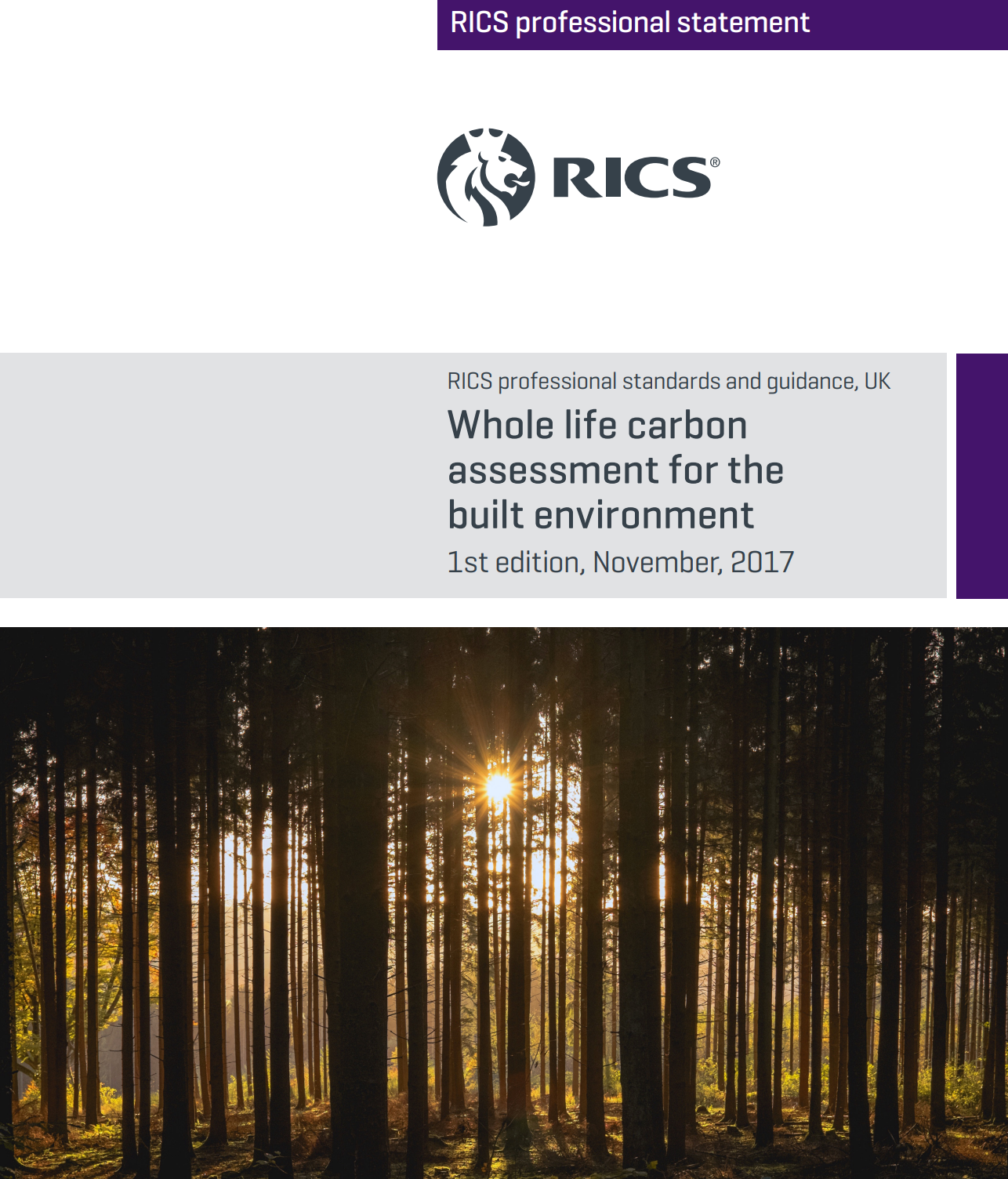Blog
We will be using this area to communicate progress updates and post thought-leadership around embodied carbon regulation in construction. See the latest posts below and check in regularly for updates.
Government-commissioned research highlights need for embodied carbon regulation
The UK government’s recent report on embodied carbon in new buildings marks a significant step forward in recognising the urgent need for national regulation.
The Net Zero Carbon Buildings Standard and what it means for Part Z
The Part Z authors explain what the Net Zero Carbon Building Standard is, how it aligns with the Part Z proposals and demonstrates that Part Z is both feasible and required.
A renewed call for embodied carbon regulation to the new government
The Part Z authors have written to the new Labour government and MPs from all parties to reinvigorate the campaign behind the industry-backed proposal for embodied carbon regulation.
Introducing embodied carbon regulation across the EU
The European Parliament Committee on Industry, Research and Energy (ITRE) voted in favour of the draft text of the Energy Performance of Buildings Directive recast on the 15th January, which includes requirements around whole life carbon assessments and limits. This blog post summarises the key points of the proposal, which is closely aligned with the requirements set out in Part Z.
Low Carbon at Low Cost
A frequently asked question is whether low-carbon design will incur extra costs. To the contrary of this common concern, multiple statements and research projects have demonstrated that significant (10-30%) carbon savings are regularly found for free. This blog post rounds up a summary of this evidence.
Embodied carbon regulation secures airtime in the House of Lords
The Government’s Levelling-Up and Regeneration Bill (LURB) marks a first in the House of Lords for the presentation and debate of a substantive amendment demanding embodied carbon regulation for building projects. The proposed amendment built on the work of Part Z and earned its place for consideration at the report stage, winning support from different corners of the House in the process.
Future Homes Hub releases implementation plan for WLC reduction in homes
The Future Homes Hub have launched their report “Embodied and Whole Life Carbon: 2023-2025 Implementation plan for the homebuilding industry”. Amongst other measures, the report sets out the need for the homebuilding sector to implement a series of embodied carbon related actions over the next three years. The report calls for mainstream or regulated disclosure of whole life carbon on housing projects from 2025 – which is aligned with the regulation that the Part Z proposals have been calling for.
Government response to EAC report
On 30 September, the UK Government published its collective response from numerous Departments, including DLUHC and BEIS, to the Environmental Audit Committee’s (EAC) report ‘Building to net zero: costing carbon in construction’, released earlier this year. A consultation planned for 2023 appears to be the Government’s next milestone in identifying outstanding actions that will be required to deliver its net zero ambition for 2050.
Housebuilders and the proposed Part Z
The Part Z authors have over the past few months spoken with housebuilders of all sizes to discuss the Part Z proposals. All of the housebuilders we met were supportive of the proposed Part Z, calling for the level playing field that will benefit all in the industry. This blog is a summary of our conversations around concerns raised by housebuilders.
Planning for Part Z
The Part Z authors have been in conversation with Richard Blyth, Head of Policy at the Royal Town Planning Institute (RTPI), to better understand what role planners and the planning process could play in relation to Part Z and whole life carbon.
Why Part Z references the RICS Professional Statement
The RICS PS (2017) is the only UK-based WLCA guidance available for the interpretation and implementation of the framework put forward by EN 15978 and is widely used by industry professionals. The Part Z authors recommend that the UK Government standardise the use of the PS and identify key areas of development for its next revision.
The return of the Carbon Emissions (Buildings) Bill
Jerome Mayhew MP reintroduced a private member’s bill to the UK Parliament today, calling for the reporting and limiting of embodied carbon in buildings.
MPs call for embodied carbon regulation
The Part Z Authors welcome the release today (26 May) of the UK Parliament’s Environmental Audit Select Committee report, which states that:“…the single most significant policy the Government could introduce is a mandatory requirement to undertake whole-life carbon assessments for buildings”.
Part Z Launches in Westminster
MPs, civil servants, industry leaders, major developers and asset managers join the Part Z authors in Westminster for the launch event of the proposed regulation of embodied carbon emissions in buildings.
The need for embodied carbon regulation
Buildings and construction form a substantial portion of UK carbon emissions. They contribute both operational carbon emissions (due to energy and water use), and embodied carbon emissions (due to the use of construction materials).
For a long time, operational carbon has made up the majority of most buildings’ emissions. However this has changed over the last couple of decades as buildings have become more efficient to operate, along with more of our energy coming from renewables.










